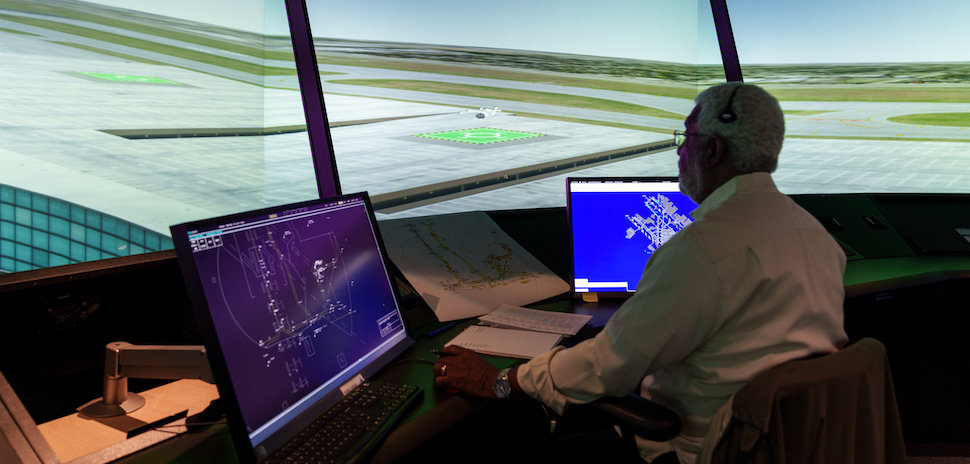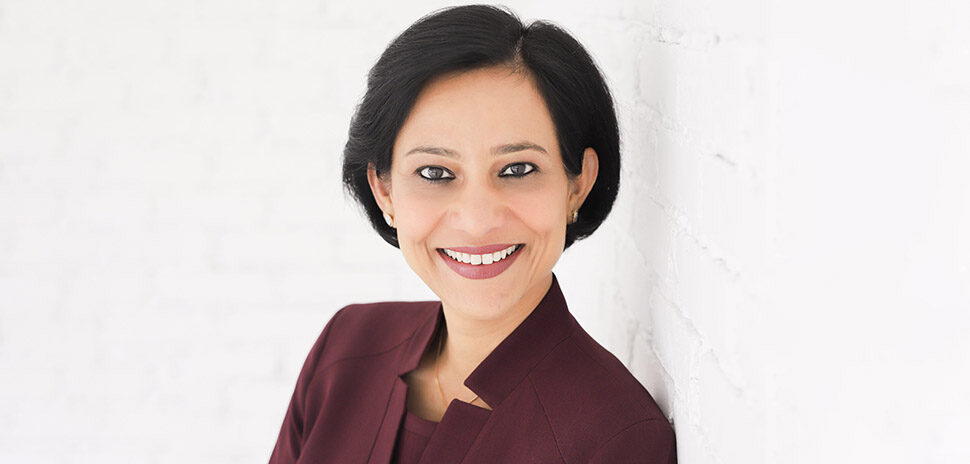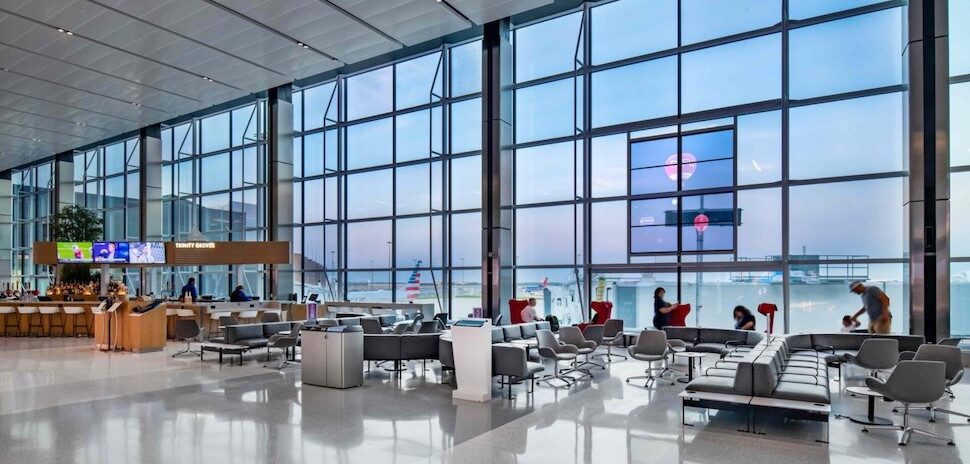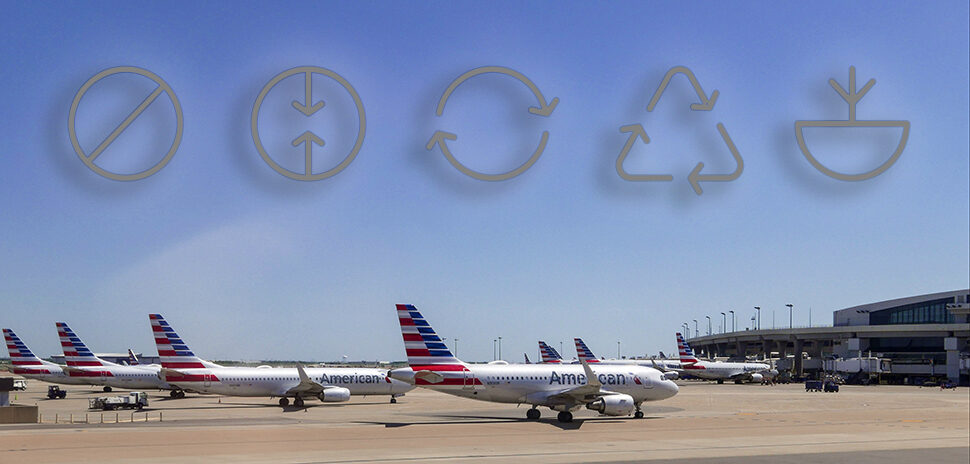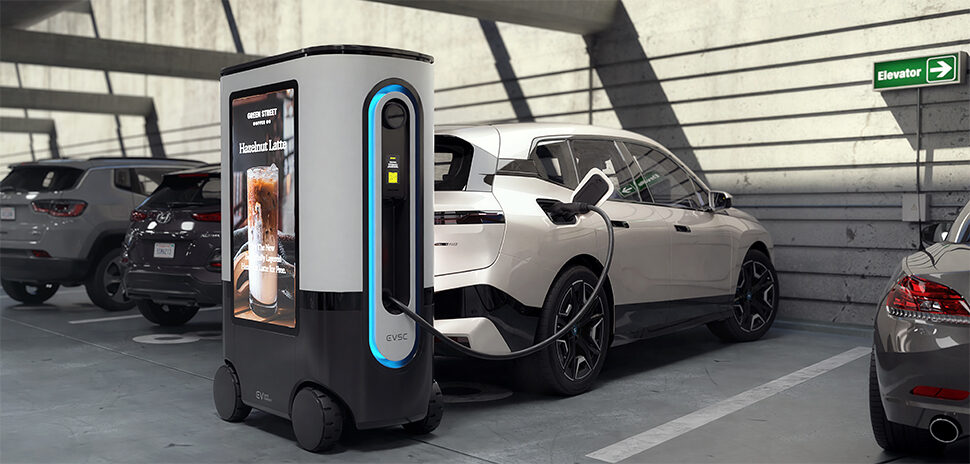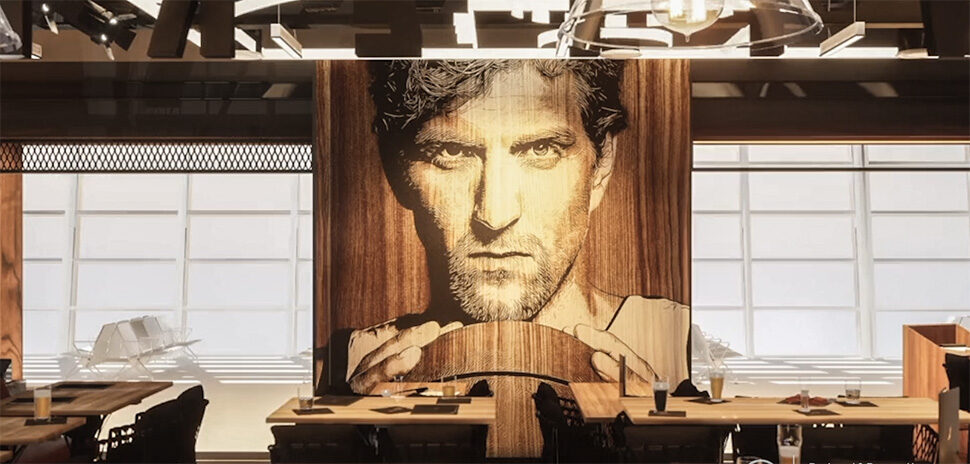The potential for future electric air taxi services in Dallas-Fort Worth is getting lots of takeoff these days. Last month, we told you about the city of Arlington and DFW Airport partnering with California-based Overair to bring air taxi operations to the region. Wednesday we told you about Overair building its first full-scale “Butterfly” eVTOL aircraft.
The latest news: California-based Joby Aviation announced it has successfully completed a series of air traffic simulations with NASA’s Ames Research Center based on the “complex, busy” Dallas-Fort Worth airspace. Joby is developing its own electric vertical take-off and landing (eVTOL) aircraft for commercial passenger service.
Developed jointly by Joby and NASA airspace engineers following a multi-year airspace study, the simulations “tested scenarios with dozens of eVTOL aircraft per hour flying into and out of” the DFW region using today’s airspace system, Joby said.
Up to 120 air taxi operations per hour were simulated buzzing around the busy North Texas airspace—with the goal of evaluating how this next-gen traffic can be integrated into today’s airspace using existing air traffic control tools and procedures.
During the simulations, “participating teams of controllers virtually tested the ability to integrate up to 120 eVTOL operations—arrivals or departures—per hour from DFW’s Central Terminal Area, alongside the airport’s existing traffic. Up to 45 simulated eVTOL aircraft were simultaneously aloft in DFW’s Class B airspace during the activity,” Joby said.
Simulations took place at NASA’s FutureFlight Central
The DFW air taxi traffic simulations took place at NASA’s FutureFlight Central, a high-fidelity virtual tower facility near Mountain View, California. The two-story facility offers a 360-degree view of a real-time simulation of an airport. A team of NASA and Joby engineers, pilots, and air traffic controllers simulated traffic patterns at both Dallas Love Field and DFW International Airport, which together served to represent “complex and busy airspace.”
“Working alongside our NASA colleagues, we have now demonstrated in a real-world simulation how air taxi operations can take place in today’s airspace system, alongside active airport traffic, using tools and procedures currently available to air traffic controllers,” Tom Prevot, air taxi product lead at Joby, said in a statement.
“These successful simulations were made possible by years of careful planning and collaboration between two organizations committed to redefining what is possible,” Prevot added, “and we’re proud to be paving the way towards the scaled commercialization of air taxis in the National Airspace System.”
NASA and Joby engineers hosted representatives from the FAA and the National Air Traffic Controllers Association to observe the simulation, Joby added. NASA will publish a complete analysis of the simulation results next year, sharing its data with the aviation industry and the FAA.
Joby’s North Texas ties
There’s more than those simulations connecting Joby Aviation to North Texas.
In 2020, Toyota Motor Co.—whose North American headquarters is in Plano—announced it was making a $394 million investment in Joby Aviation for its development of electric air taxis. Toyota was the lead investor in Joby’s $590 million Series C funding round along with Baillie Gifford and Global Oryx, as well as prior backers Intel Capital, Capricorn Investment Group, JetBlue Technology Ventures, SPARX Group, and its own investment arm, Toyota AI Ventures. At the time, the raise brought Joby’s total funding to $720 million, according to Bloomberg.
Dallas-Fort Worth has been one of the major testing grounds for flying taxis. In 2018, Uber Technologies pinpointed DFW as one of the first three markets for Uber Elevate, an initiative to launch an aerial ride-sharing service. Frisco was to be the home of the first Uber heliport.
But in 2020, Uber sold Uber Elevate to—that’s right, Joby Aviation. Uber’s Dallas hub had been expected to include Uber Elevate. Uber had previously announced plans to transport riders through commercial flight operations in DFW, LA, and Australia by 2023.
![]()
Get on the list.
Dallas Innovates, every day.
Sign up to keep your eye on what’s new and next in Dallas-Fort Worth, every day.

